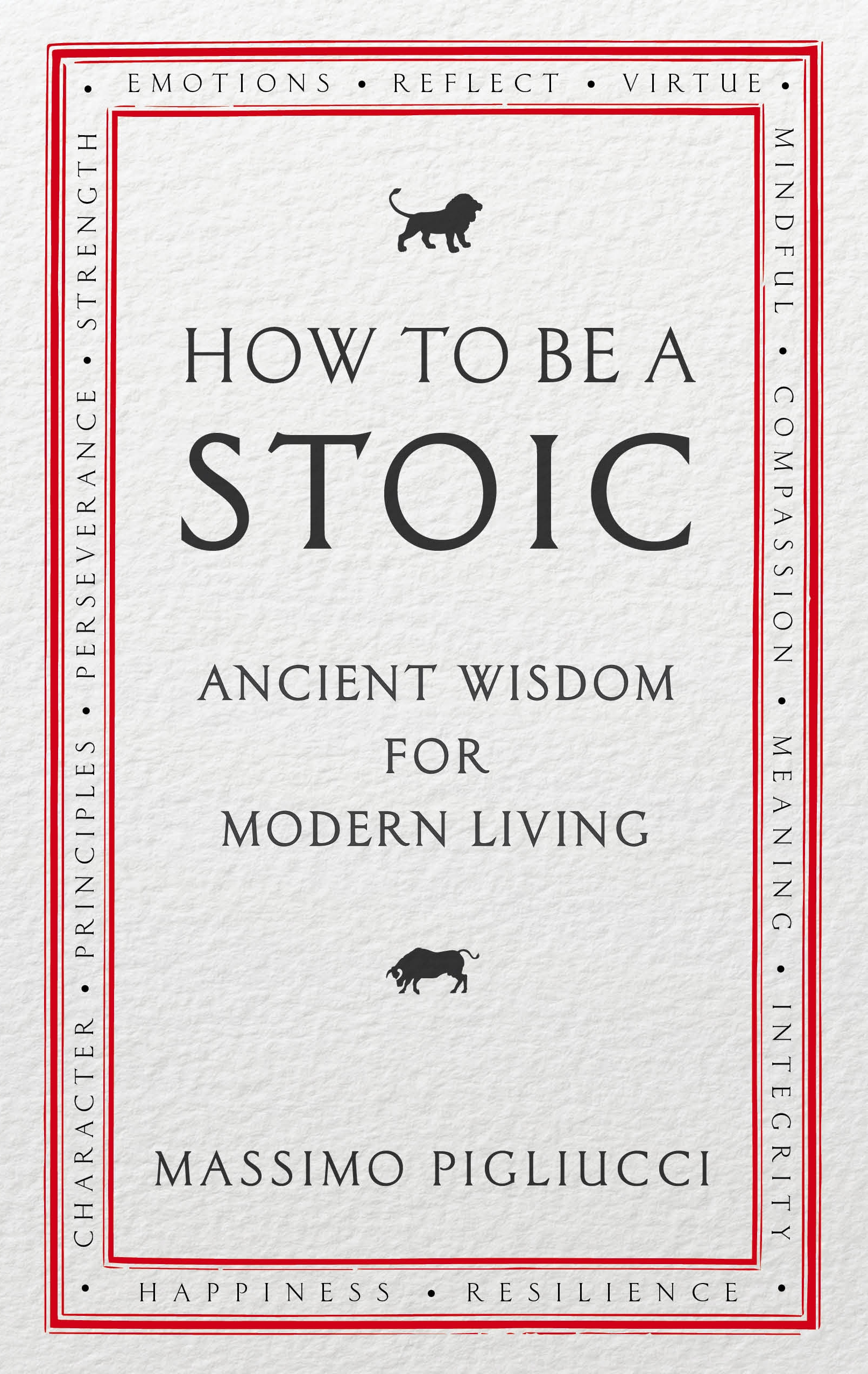How To Be A Stoic
by Massimo Pigliucci
Read: Feb 2-5, 2022
Genre: Philosophy
It took me quite a while to get through this book, owing to both the amount of re-reading and thinking it requires and also to some busyness and stress around work and Coast to Coast 2022. I have about four pages of notes, not all of which I will recount here. But in a sentence, I found this book really interesting, enlightening, and I’ve taken a few really good concepts away from it already. I’m sure more will emerge over the coming weeks and months as I continue to ponder it.
Links to Cognitive Behavioural Therapy
Lots of the ways that stoics approach thinking, trauma, and difficulties in life appear to be very similar to modern cognitive behavioural therapy. This was quite evident having recently read The Mindful Way Through Depression. Pigliucci even calls out Stoicism as a potential origin of CBT.
Virtue is King
It was interesting to think about virtue as the main and most important part of life. At first glance, my brain recoiled against this, but in the end, it makes a deal of sense. Our health, education or wealth do not define us or give us moral character or worth. Only our exercise of morals and virtues can do that. It’ll take a bit more thinking…
Control, and Our Lack Of It
The other big thing that appears under Stoicism is the idea that we should only worry or concern ourselves with what we can directly control. For example, regret is a waste of emotional energy. We cannot change the past, only learn from it and work for a better future.
Something Stoicism battles against is the idea that this is not resignation to a situation (e.g. the death of a loved one, an illness or lameness). It is instead training ourselves to spend emotional energy only on what we can control. Training ourselves to not want a strawberry in winter. Training ourselves to not desire or believe in an immortal loved one. Instead, we should concern ourselves with the time that we have, with the opportunities we have to spend with our loved ones and to be hic et nunc (here and now).
Oikeiôsis
This was an interesting concept that tries to bring greater and more fine-tuned ethical awareness. From the inside out:
- Mind
- Partner, parents, kids etc.
- Tribe, clan, community
- Whole world
Amathia
This word means: intelligent but unwilling to learn; can understand the argument but be deficient in character.
Pigliucci talks about this word and uses it to help explain wrongdoers in the world. He argues that they do not want to do wrong, but may just be deficient in character. By this, he means that they may be creating some imaginary fiction in their head to avoid any cognitive dissonance between their actions and reality.
This takes some thinking, but I found it useful when considering some of the protests that we have had here in New Zealand around mask mandates and related COVID-19 pandemic issues.
Overall, I would thoroughly recommend this book as a great way to encourage critical and in-depth thinking about the world and how you live in it. I am certainly inspired to read more and think more about Stoicism and other philosophies.
